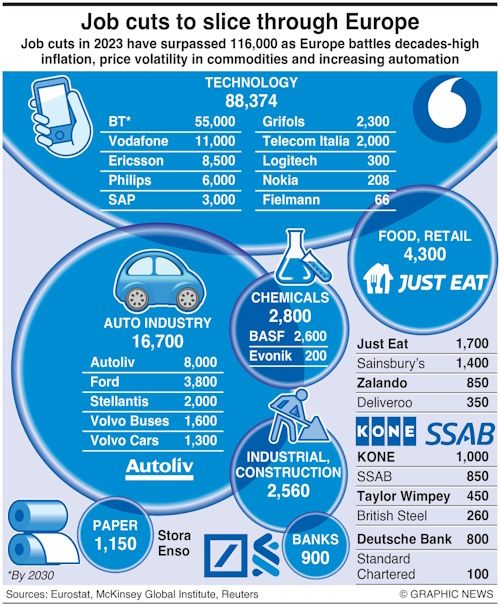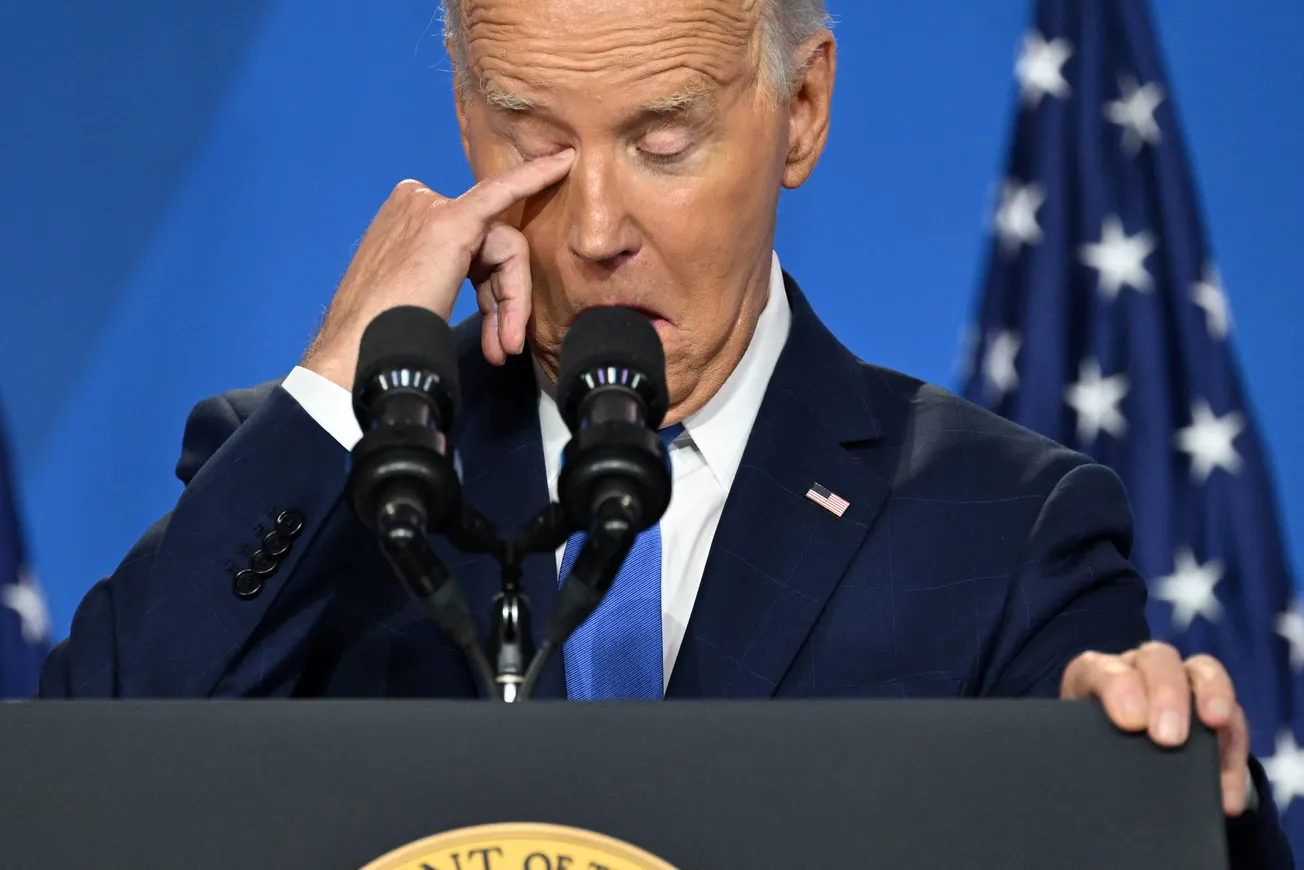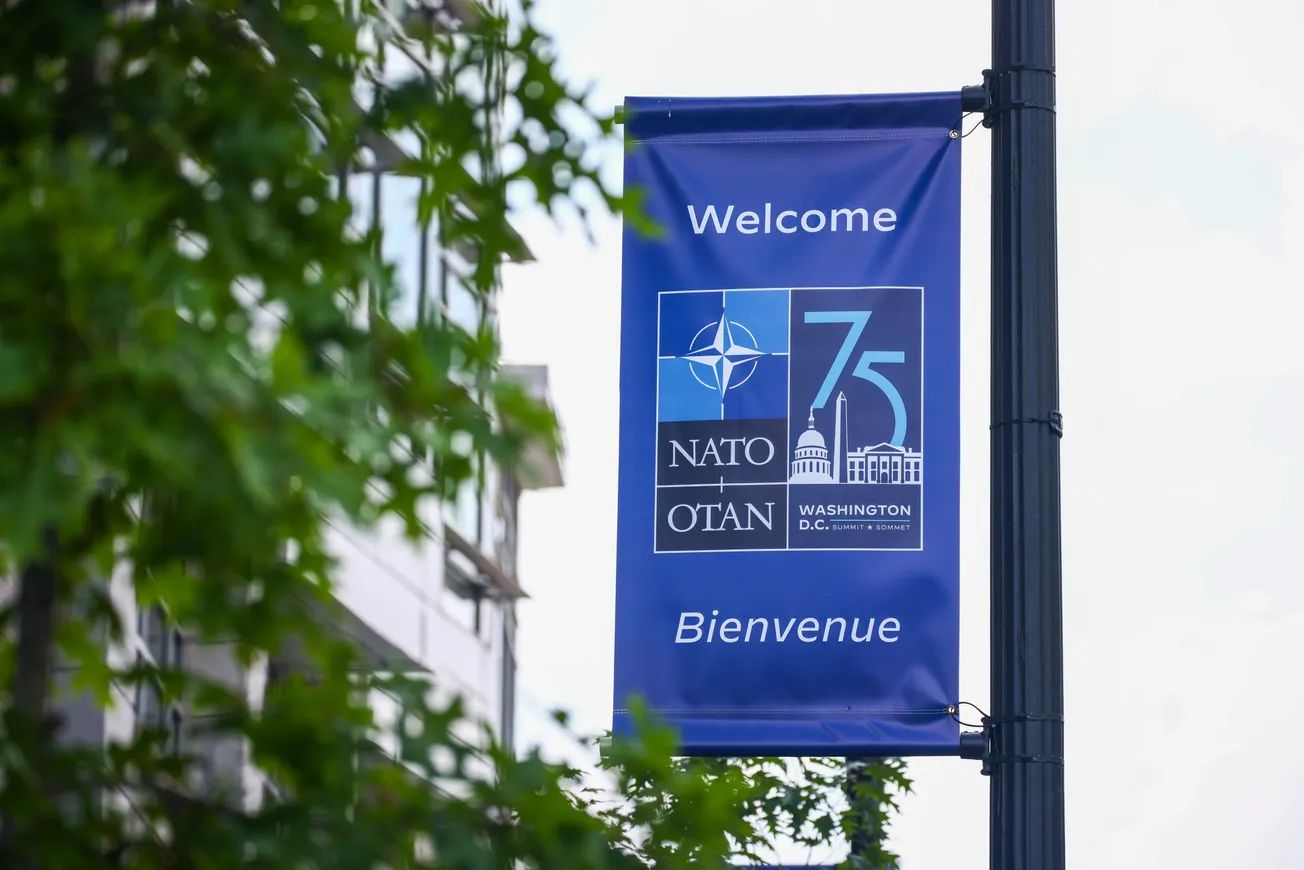Going back to the Pentagon Papers and Watergate scandals of the 1960s and 1970s, we know that governments are rarely proactive about holding themselves accountable for their policies and strategies. Using their power, vast resources, and friendly mouthpieces, administrations from both parties have sought to project achievements and successes instead of shedding light on abject failures and uncomfortable truths.
The Supreme Court in the Pentagon Papers story magnified the media's power. When the Nixon administration filed suit in federal court to prevent the New York Times from printing leaks that showed that the Vietnam War situation was far more dire than what was being portrayed by administration officials, the Washington Post sought to source the same leaker. In a glorious victory for the Fourth Estate, the Supreme Court, in a 6-3 decision, held that the government had failed to justify restraint of publication and allowed the newspapers to resume publishing the material.
The media flourished to counterbalance the colossal government machinery, bringing truthful reporting to the American people. It did not question the Bush 43 administration sufficiently enough, resulting in the debacle of the second Iraq war. But then, the media was covering a brand new story of America being attacked on its own soil on 9/11. Press persons are human and make mistakes.
What has happened in America since the so-called corporate media took sides after 2015 has been extraordinarily hurtful to the world's oldest democracy. In pursuing profits and patrons over the truth, established media outlets have taken sides and have rarely bothered to criticize or lament the actions of those in power with whom they tend to agree philosophically.
It has fallen on alternate media establishments, like tippinsights, to put forth marginalized views and ask uneasy questions, such as the effectiveness of sanctions in the Russia-Ukraine war. While the failure rate of sanctions and their unanticipated or miscalculated fallout may be news to many subscribers of the mainstream media, tippinsights has repeatedly pointed out the folly of using such measures in the current global setting.
In late April, tippinsights carried an opinion piece that warned, "Overuse of sanctions hastens the de-dollarization push." Citing the volley of sanctions against Russia, its financial institutions, individual citizens, and businesses after Moscow invaded Ukraine, we warned: "America's Sanctions Regime Is Driving Countries Away From The Dollar."
The piece analyzed the subject from various angles, noting, "Brazil, India, China, South Africa, Malaysia, and Turkey have billions of dollars parked in U.S. Treasurys and other liquid assets because of the dollar's status as a "safe haven." But is the dollar really a safe haven? If any of these countries cross American ideals regarding rules maintaining the liberal international order, even in a third-party dispute, could America use its regime authority to cripple it?"
Beyond the obvious lies the hidden cost of economic sanctions. The humanitarian cost is often ignored and not factored into the equation. The ripple effect of the barrage of sanctions imposed since the Russia-Ukraine war has been felt globally. Western Sanctions On Russia Bite The West, on these pages in May, presented a comprehensive, though not exhaustive, picture of how the ill-thought-out economic sanctions drove up living costs and perpetuated the global recession.
So it was reassuring to see the NYT editorial board finally write an opinion piece on the merits, success, and cost of harsh economic sanctions that "have become a tool of first resort for U.S. policymakers, used for disrupting terrorist networks, trying to stop the development of nuclear weapons and punishing dictators." As we did months before, the Times admits now that the prolific sanctions have not brought desired outcomes saying that the price of many of these long-running punitive measures is being borne by American businesses, innocent citizens, and others who are collateral damage in this "low-cost" diplomatic war.
Sanctions are a "low-cost" option for defense and deterrence compared to a military war. Yet, decades of sanctioning rogue regimes and enemies have shown that not all sanctions are the same. Just like every other policy and program, reviews and revisions are necessary. The Biden administration is repeating these mistakes despite the Treasury review that urges modernization and multilateral cooperation in implementing sanctions. Since Moscow attacked Ukraine, the "Treasury alone has implemented over 2,500 sanctions on Russia, nearly a quarter of all sanctions against all countries in the last 21 years."

Such insights and consequences have unfortunately not been "newsworthy" enough for much of the mainstream media working hard to push the administration's propaganda war. But, our Constitution has given us in the media a crucial role in shaping public opinion beyond just broadcasting the administration's point of view. Given the information, Americans will ask their elected representatives pointed questions and bring about relevant change.
We have been proudly doing it all along. We are glad to have the New York Times join us. Welcome!
Related Infographics


Like our insights? Show your support by becoming a paid subscriber!









